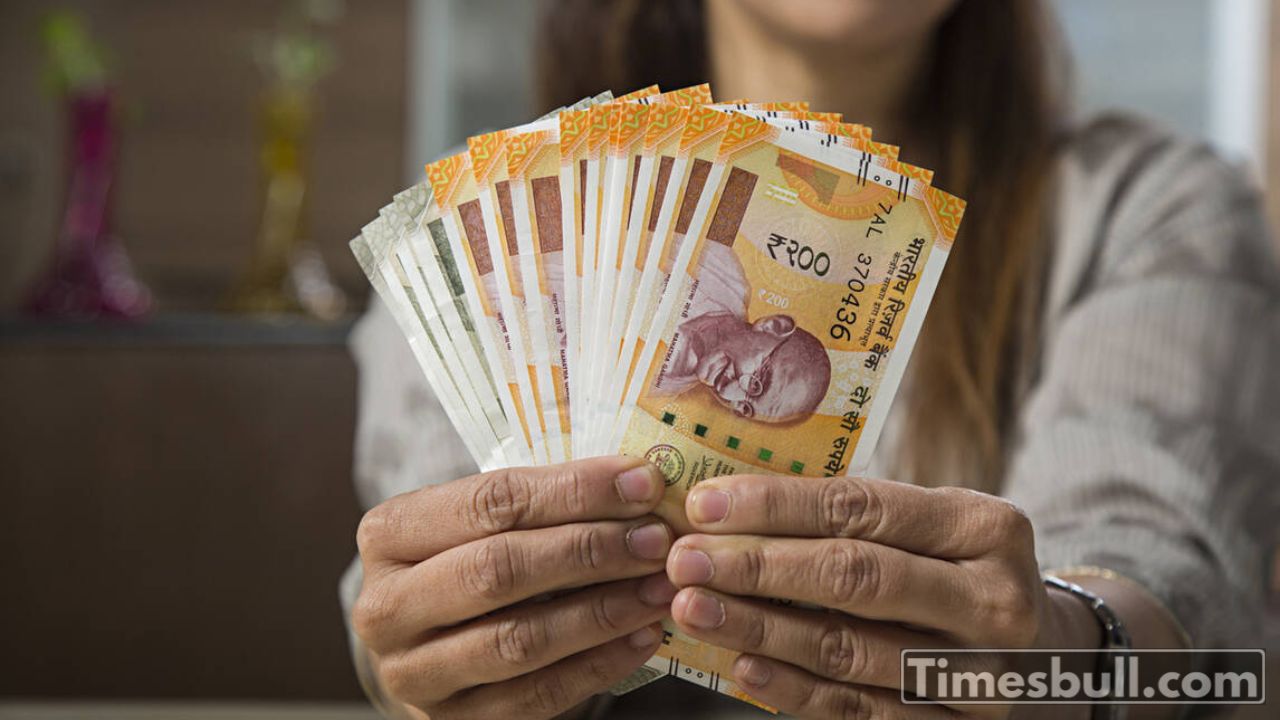RD vs FD- Are you also want to invest on something? but cant figure out where to? Then this article is for you. In view of rising inflation, it is important to think about tomorrow along with today. Especially in the case of investment, you have to keep your thinking forward so that the money saved can be useful in future when there is financial need.
Investment made with the idea that today’s investment will give profit tomorrow, can never lead to loss. If you like to invest in a place where the money is safe and you can also get good returns, then you can know about recurring deposit and fixed deposit.
Recurring Deposit or Fixed Deposit?
In safe investment options, both recurring deposit and fixed deposit are considered the best. FD and RD options are offered by banks and financial companies. The difference between the two is only in the investment method, interest rate and benefits. Let’s find out which is the more profitable investment option between RD and FD.
What is RD?
Recurring Deposit or RD is an investment option in which you can deposit a fixed amount every month. This saving scheme is best for those who cannot invest a large amount. It is also best for employed people who can invest some money from their monthly salary in RD. On maturity, you get the benefit of interest along with the principal. You can invest for different periods. Usually, RD option is available for a period of 6 months to 10 years.
What is FD?
To invest in Fixed Deposit (FD), a large amount has to be deposited at once. In RD, there is an option to deposit some amount every month but for FD, a large amount has to be deposited. On maturity, the full amount is received along with the fixed interest rate. FD can be made for a period of 7 days to 10 years.
What is the big difference between the two
The biggest difference between recurring deposit and fixed deposit is the method of investment in both. In RD, amount can be deposited every month, but in FD, a large amount has to be deposited at once. The lock-in period in RD is from 6 months to 10 years. Whereas, the lock-in period in FD is from 7 days to 10 years. TDS is applicable on both and tax exemption can also be available.
Desclaimer: For any financial invest anywhere on your own responsibility, Times Bull will not be responsible for it.
